18th Century POW love letters opened at last by Cambridge professor
- Published

Renaud Morieux, from Pembroke College, spent months decoding 104 letters, which had no punctuation and erratic spelling
Unopened love letters written by French families to sailors captured by the British in an 18th Century conflict have been read for the first time.
They were written by fiancees, wives, parents and siblings from 1757 to 1758 during the Seven Years War.
Prof Renaud Morieux, from Cambridge University, transcribed the letters.
"I was the first person to read these very personal messages since they were written. It was very emotional," the historian said.
The 104 letters had been stored at the National Archives, in Kew in London, and Prof Morieux "only ordered the box out of curiosity".
They were written to the 181-strong crew of the Galatee, which was captured while sailing from Bordeaux in France to Quebec in Canada in 1758.
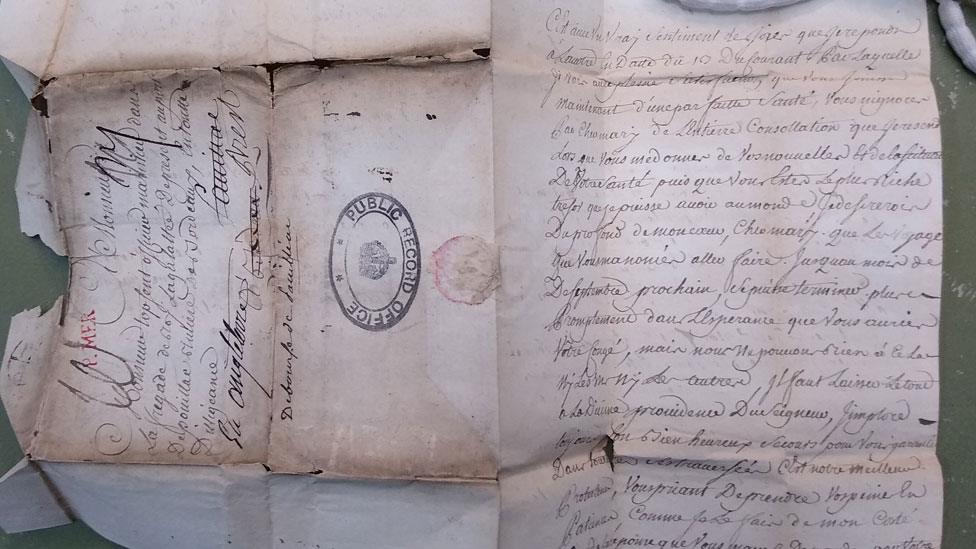
Anne Le Cerf wrote to her husband Jean Topsent, a non-commissioned officer, "I cannot wait to possess you" - and signed with her nickname Nanette
They include Marie Dubosc writing to her husband, the ship's first lieutenant Louis Chambrelan, who said "I could spend the night writing to you... I am your forever faithful wife".
She never saw him again, dying before he was released, and he remarried in 1761.
The Seven Years War (1756-63) involved all Europe's great powers, but was also an overseas colonial struggle between France and Britain.
A key part of the British policy was to imprison as many French sailors as possible, because France lacked experienced sailors.
Some of the Galatee's crew died from disease and malnutrition, but many were released. Meanwhile, their families repeatedly tried to contact them, so their letters were forwarded to Britain.
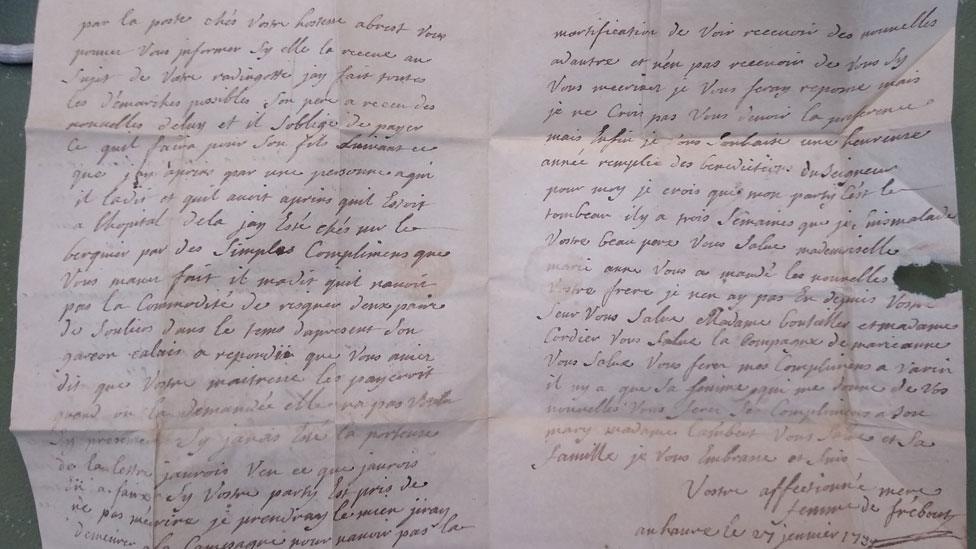
Nicolas Quesnel's mother asked him to "give my compliments to Varin [a shipmate]; it is only his wife who gives me your news"
They reveal "complex but very familiar family tensions", such as Nicolas Quesnel's mother Marguerite complaining that he only writes to his fiancee.
Meanwhile, his fiancee Marianne urged him to contact his mother, later writing doing so "lightens the atmosphere".
Marguerite next complains that Nicolas never mentions his father "which hurts me greatly".
Prof Morieux, who carried out genealogical research into the crew, discovered the man was actually his stepfather and he "clearly doesn't like or acknowledge this man as his father".
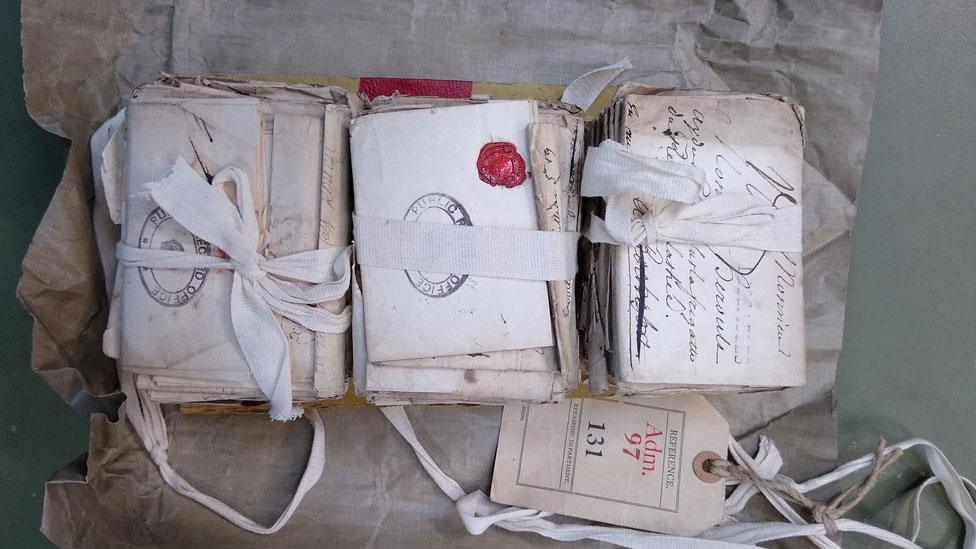
The letters eventually reached the Admiralty in London, but were never passed on to their intended recipients
Nearly 60% of the letters were signed by women, which shatters "the old-fashioned notion that war is all about men", added the professor.
Most of the authors were probably illiterate and used scribes.
Prof Morieux said: "When we are separated from loved ones by events beyond our control, like the pandemic or wars, we have to work out how to stay in touch, how to reassure, care for people and keep the passion alive.
"These letters are about universal human experiences, they're not unique to France or the 18th Century."
His research has been published in the journal Annales. Histoire, Sciences Sociales, external.

Follow East of England news on Facebook, external, Instagram, external and X, external. Got a story? Email eastofenglandnews@bbc.co.uk, external or WhatsApp 0800 169 1830
- Published20 September 2023
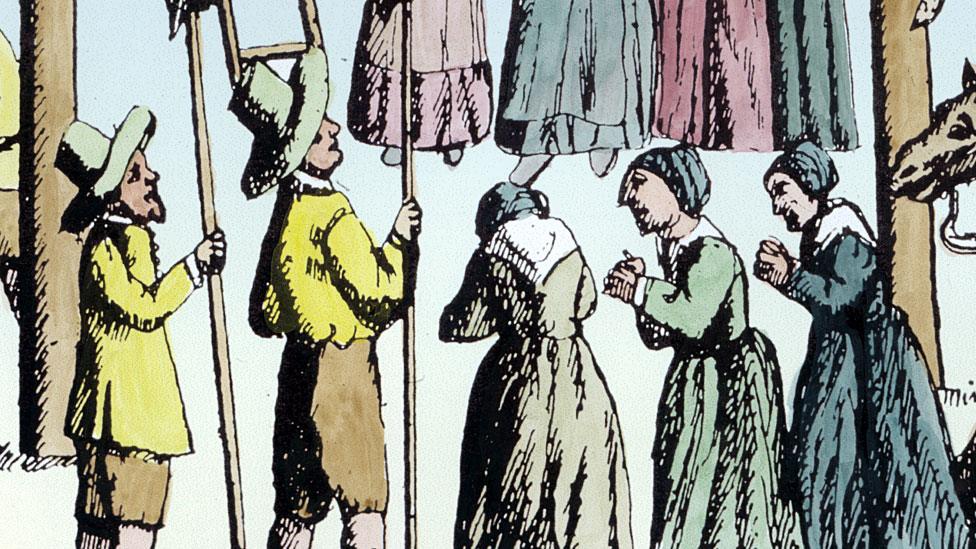
- Published20 June 2023
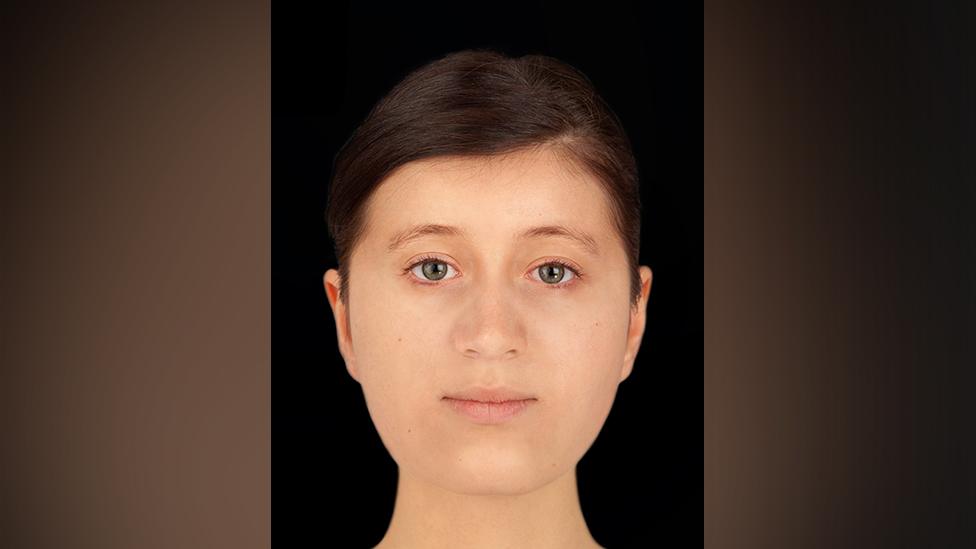
- Published19 January 2023
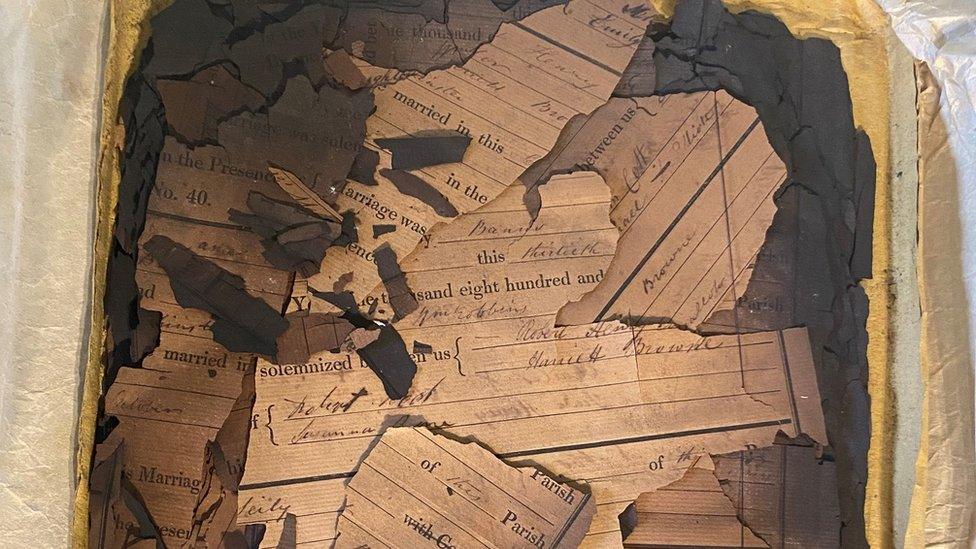
- Published29 December 2022
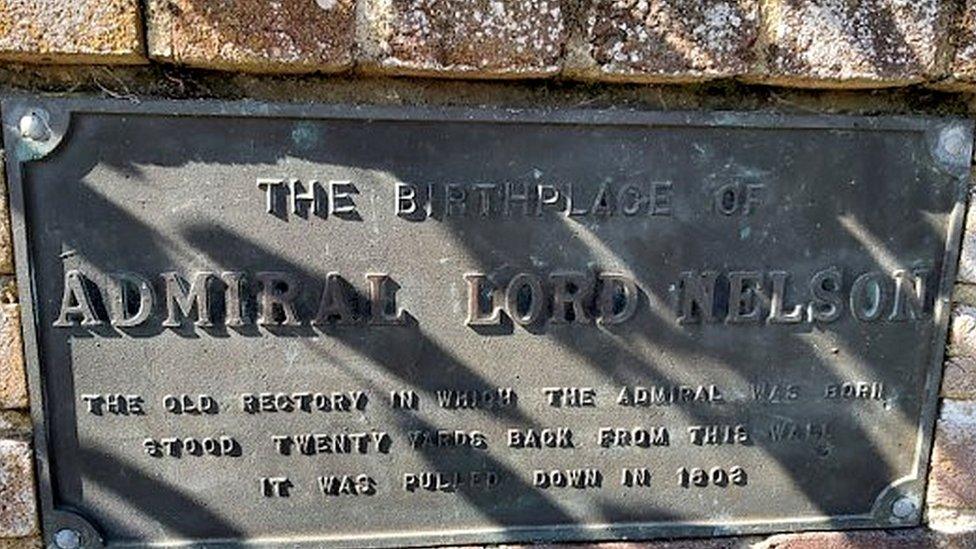
- Published20 March 2022
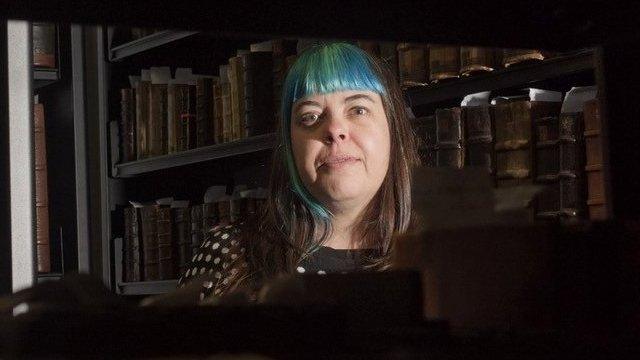
- Published22 April 2022

- Published18 December 2017
